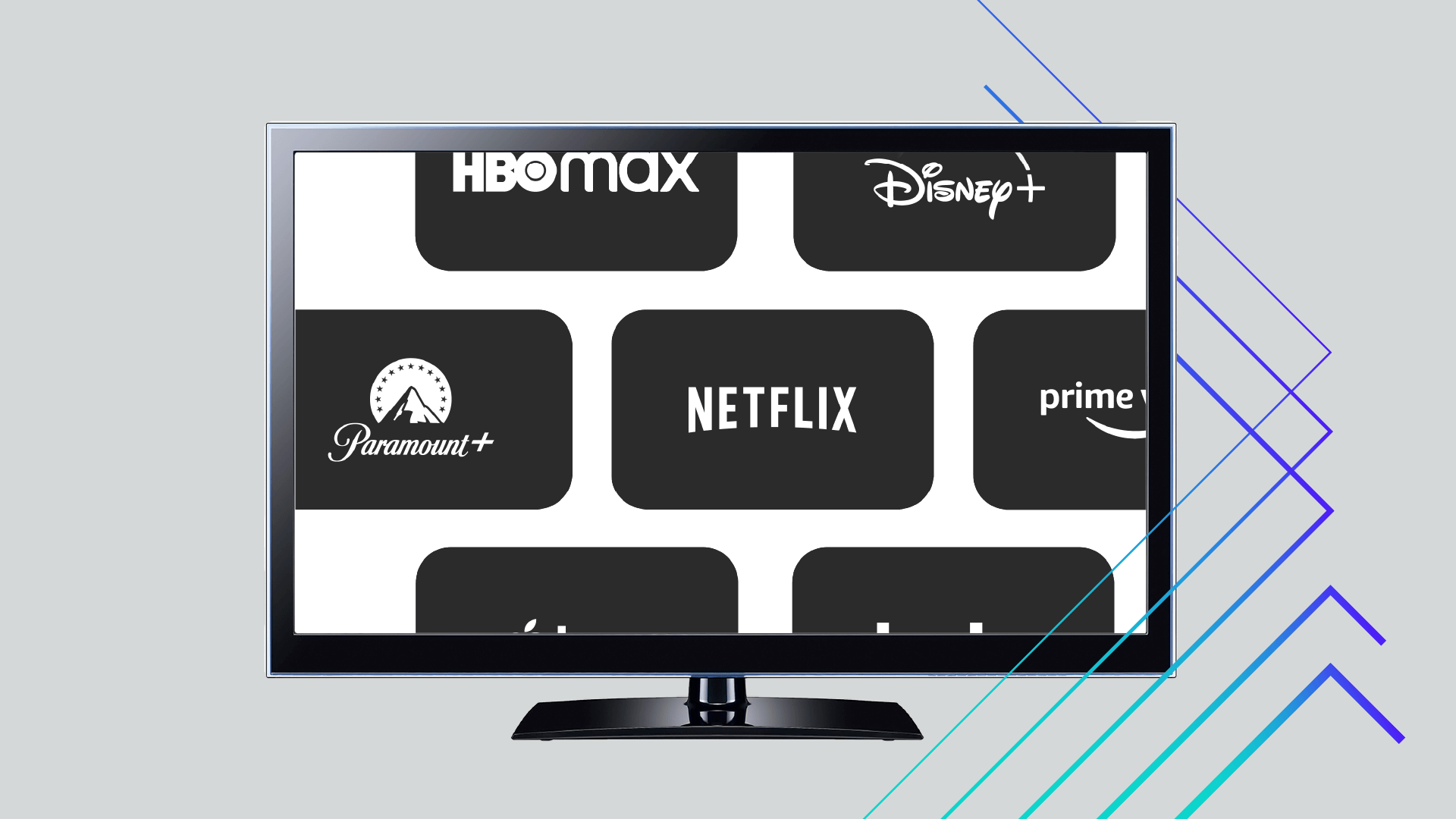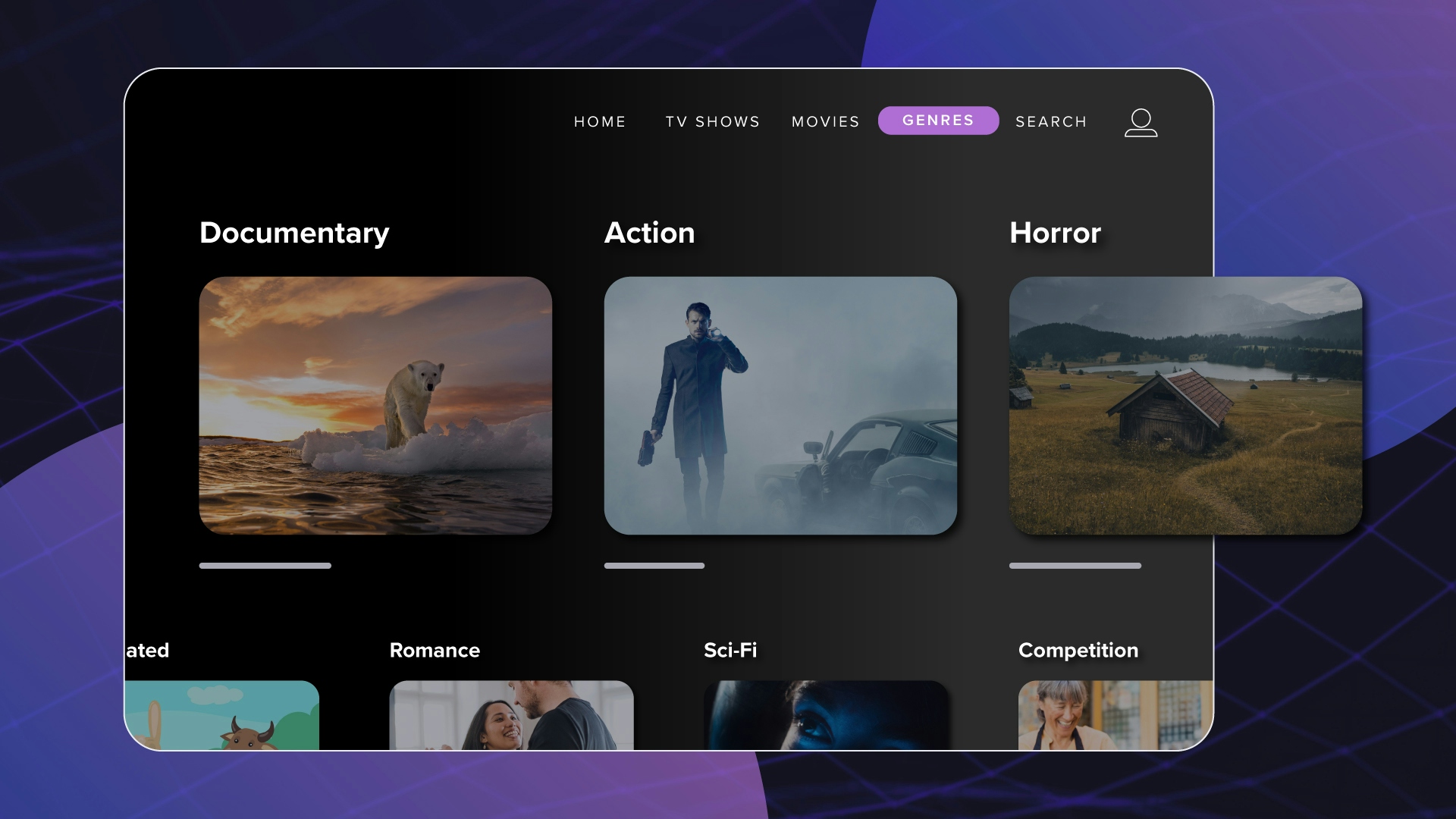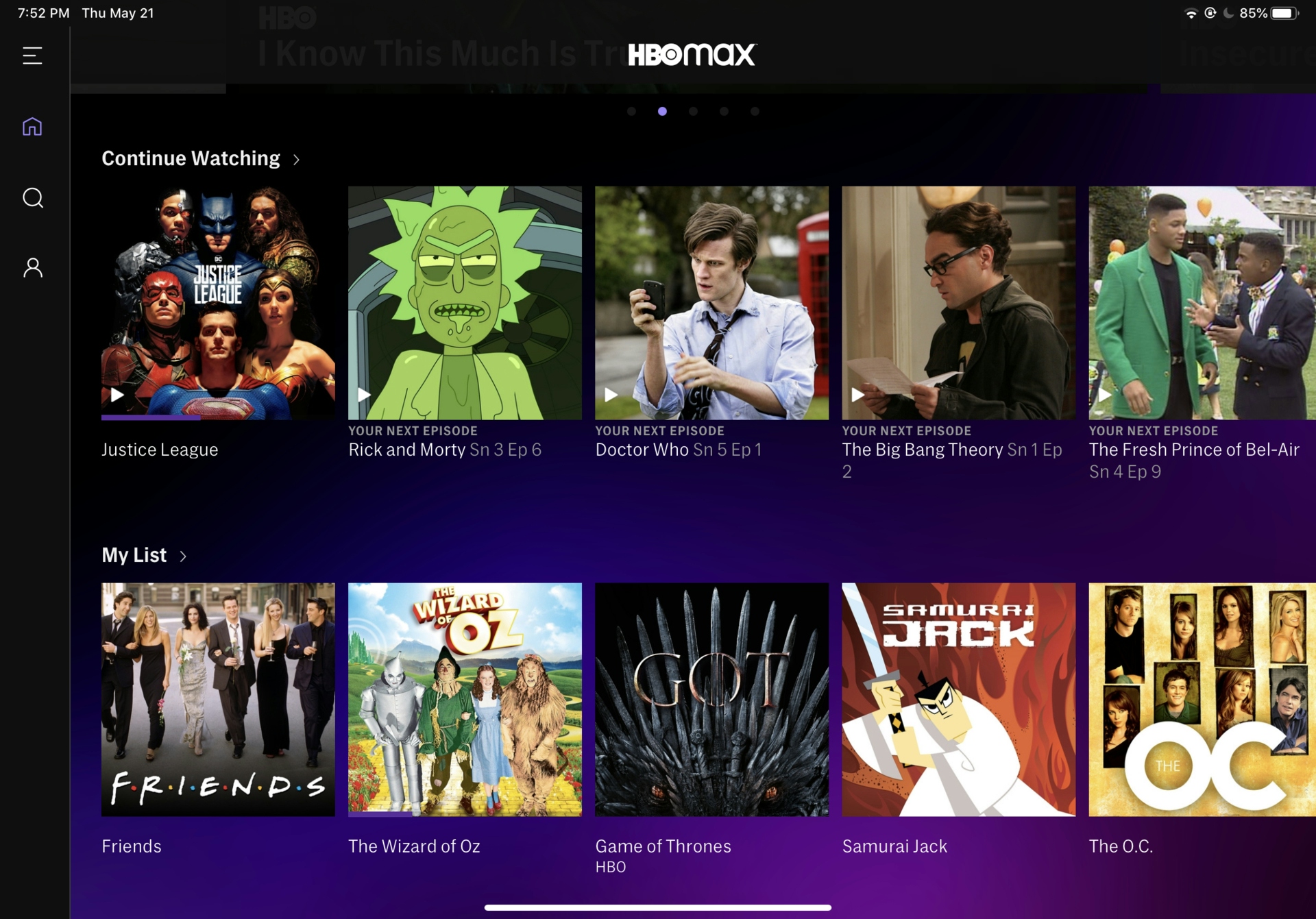In South Korea, Streamers Will Need Quality Over Quantity

Key Takeaways
South Korea is a key international streaming growth driver, but platforms don’t necessarily need to break the bank to succeed in the market.
Respondents in the country said it is more important for a streaming service to have critically acclaimed programming than a large content library, a sentiment that wasn’t found in any other international market Morning Consult surveyed.
Spending on fewer but more impactful titles in South Korea is a win-win given that media companies already have the directive to achieve more with smaller content budgets.
For the latest entertainment industry news and analysis, sign up for our daily entertainment briefing.
South Korea has solidified itself as a subscription video streaming market worth investing in thanks to how impressively content from the country has taken over abroad. Global viewership of South Korean content on Netflix has increased sixfold over the past four years, while South Korean TV and films were among the most popular streaming content across leading Asia-Pacific markets in 2022, according to Media Partners Asia.
Because of this, streamers should be more focused on succeeding in South Korea. For smaller platforms, a strong presence there boosts the chances that local creatives will want to work with them, increasing the likelihood that they’ll produce Korean-language content that will be well received overseas. And Asia-Pacific will remain one of the biggest global streaming regions moving forward, with South Korea being a key pillar.
This eye on South Korea will require streamers to emphasize quality over quantity. New Morning Consult data shows that more consumers in South Korea value critically acclaimed content on streaming services more than a large content library. This stands out from the preferences of consumers in other major markets where we surveyed and bodes well for Hollywood’s major media companies vying to boost profitability, as winning awards doesn’t always require a blockbuster budget.
Media companies need to be especially cautious with price hikes to ensure longevity and maximum content accessibility in the region, as South Korean consumers have a strong preference for lower-cost, ad-supported streamers.
South Koreans value award-winning content more than other global consumers
It’s clear that consumers in South Korea value prestige content: It’s the only country where, relative to other attributes that make streamers competitive, critically acclaimed content is most important to consumers.
South Korea Uniquely Values Prestige Content
Critically acclaimed content refers to much more than just Emmys and Oscars. Given the global profile of many South Korean hits, honors from the Baeksang Arts Awards — South Korea’s equivalent of the Academy Awards — and Cannes Film Festival all impact whether a show or movie is viewed as “award-winning.”
South Korean consumers may emphasize award-winning content in part due to a desire to see the country’s content increase its global profile. The “Korean Wave” started decades ago with the spread of South Korean dramas, and has more recently been bolstered by exports like BTS and “Squid Game,” which still stands as Netflix’s most-watched series ever.
Specific demographics at scale: Surveying thousands of consumers around the world every day powers our ability to examine and analyze perceptions and habits of more specific demographics at scale, like those featured here.
Why it matters: Leaders need a better understanding of their audiences when making key decisions. Our comprehensive approach to understanding audience profiles complements the “who” of demographics and the “what” of behavioral data with critical insights and analysis on the “why.”
Titles like “Squid Game” have helped Netflix solidify its spot as the top streamer in South Korea. But there’s opportunity for another U.S.-based media conglomerate to become more active in the market. Aside from the writers strike forcing studios to step up their global content production, worries about Netflix amassing too much influence over South Korea’s entertainment scene are mounting. This opens the door for services like Prime Video — which isn’t a major player in South Korea and has discussed becoming more flexible with international content rights — to expand its localized content operations and appeal to top creatives in the market.
In order to take advantage of South Koreans’ preferences, Hollywood players must resist the urge to pull back on spending at film festivals, which have witnessed a drier market amid the industry’s budget trimming. Additionally, taking more chances on international producers for content deals is a logical step, especially as companies’ rosters of U.S. creators may shrink following the writers strike.
How ad tiers will pave the way for streamers’ success in South Korea in the year ahead
Inexpensive ad-supported streaming services, which South Koreans have a uniquely high demand for, are a natural avenue to generate buzz for award-winning content. Over 3 in 5 South Korean respondents (62%) said they prefer lower-cost, ad-supported services over more expensive ad-free ones, the highest figure among all countries Morning Consult surveyed.
South Koreans Strongly Favor Cheaper, Ad-Supported Streaming
In March 2022, 57% of U.S. consumers reported a preference for free or lower-cost ad-supported services over more expensive ad-free ones. This figure has likely inched up slightly amid inflationary pressures that have caused people to cut down on entertainment expenses.
It's early days for subscription-based streaming ad tiers in South Korea. But similar to the streaming landscape in the United States, South Korea’s is broadly funded through subscription and advertising revenue. Wavve is one of the biggest streamers in the country, and its CEO said in December that it’s “not necessary to choose one (format) over the other.”
With South Korea showing higher demand for cheaper, ad-supported streaming services compared with other countries, you might expect South Koreans to be among the global consumers who are closest to their streaming spending limit. But this isn’t the case, signaling that South Koreans are looking to cheaper streaming services out of proactive frugality rather than necessity.
South Korea’s Subscription Fatigue Still Trails Several Major Markets
Fortunately for streamers, South Korea’s massive IP chest has yet to be fully explored. Webtoons — free digital comics that have long been popular in the country — have inspired Korean-language streaming titles like “All of Us Are Dead” and “Dr. Brain.” In the years ahead, we will likely see an uptick in character-driven webtoons that don’t require large special effects budgets as Hollywood players rein in their costs. Apple’s sci-fi series “Dr. Brain” was recognized with an International Emmy nomination in 2022, but it’s also reportedly one of the priciest South Korean originals ever.
Kevin Tran previously worked at Morning Consult as the senior media & entertainment analyst.
Related content

How the 'Less Is More' Mindset Could Hurt Perceived Value of Major Video Streamers

America Loves Comedy, South Korea Prefers Drama: Favorite Streaming Genres by Country
